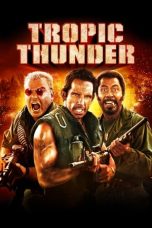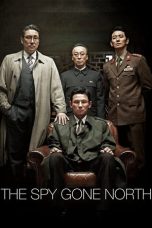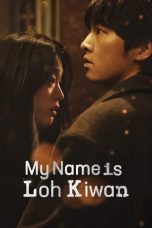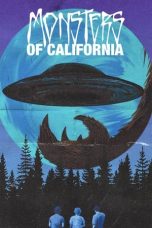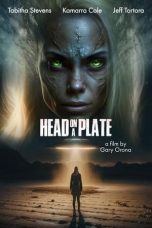- Source: South Korean literature
See also Culture of South Korea, North Korean literature until 1945, and North Korean literature
South Korean literature is literature written or produced in South Korea following the division of Korea into North and South in 1945. South Korean literature is primarily written in Korean.
Literature by genre
= Mainstream fiction
=Also referred as 'pure literature' in South Korea. Most authors translated by the Korea Literature Translation Institute for translation falls into this category. The terminology is often criticized, and is a constant theme of discussion in the literature of South Korea.
Some of the notable Korean mainstream fiction writers include:
There are also Korean-American writers writing in Korean, e.g. Kim Yong-ik.
= Popular fiction
=This term, the popular fiction, is defined as the mass market-targeted works, or as an opposite of the pure literature. This terminology comes from the equivalent Japanese word. But since early 2000, the distinction between mainstream and pop became faint, and some mainstream authors like Gu Byeong-mo or Chung Serang are well-received in both genre, and there is a clear tendency of authors refuse to define themselves as the 'pure literature' author.
Historical fiction
Historical fiction, or alternative history fiction, is one of the largest selling genre in South Korea. For a more serious works, authors like Jo Jung-rae and Park Wan-suh falls into this category. For lighter works, Kim Jin-myung, the author of The Rose of Sharon Blooms Again, is one of the most best selling writers. The historical fiction of South Korea often covers the Joseon period and the colonial era. Lee In-hwi's novels often depict historical labor rights issues in South Korea in the 1980s and 1990s.
Fantasy
Examples of South Korean fantasy writers and their works include:
Lee Yeongdo (b. 1972): Dragon Raja
Jeon Min-hee: Children of the Rune
Lee Woo-hyouk: The Soul Guardians (퇴마록; 退魔錄)
Kim Sang-hyun: Tamguroo (탐그루)
Kim Chulgon: The Dragon Lady (드래곤 레이디)
Hong Jeonghoon: The Rogue (더 로그)
Ha Jieun: Tower of Ice Tree (얼음나무 숲)
Bang Jina
Min Soyeong: The Tower of Storm (폭풍의 탑)
Science fiction
Examples of South Korean sf writers and their works include:
Djuna
Counterweight (평형추), 2021
Bae Myung Hoon
Kim Ewhan
Kim Bo-young
Jeong Soyeon
= Essayists
=Non-fiction essayists include Chang Young-hee.
= Poetry
=List of Korean-language poets
Notable modern poets include Moon Deok-soo (문덕수, 文德守, b.1928), Choi Nam-son (1890–1957) and Kim Sowol, Ki Hyung-do, Chon Sang-pyong.
South Korean literary awards
Daesan Literary Awards
Dong-in Literary Award
Hankook Ilbo Literary Award
Hyundae Munhak Awards
Jeong Jiyong Literature Prize
Manhae Prize for Literature
Midang Literary Award
Park Kyong-ni Prize
Sowol Poetry Prize
Society of Korean Poets Award
Yi Sang Literary Award
Yook Woo Dang Literary Award
References
Kata Kunci Pencarian:
- Australia
- Bahasa Indonesia
- Cho Ki-chon
- Perang Dunia II
- Han Sorya
- Koo Hye-sun
- Moon Geun-young
- Bencana kelaparan
- Underwood International College
- Tentang Penghapusan Dogmatisme dan Formalisme dan Pendirian Juche dalam Karya Ideologi
- South Korean literature
- Korean literature
- 2024 Nobel Prize in Literature
- Culture of South Korea
- North Korean literature
- South Korea
- Outline of South Korea
- Han Kang
- Education in South Korea
- Korean poetry
Confidential Assignment (2017)
Parasite (2019)
My Name Is Loh Kiwan (2024)
Monsters of California (2023)
No More Posts Available.
No more pages to load.
